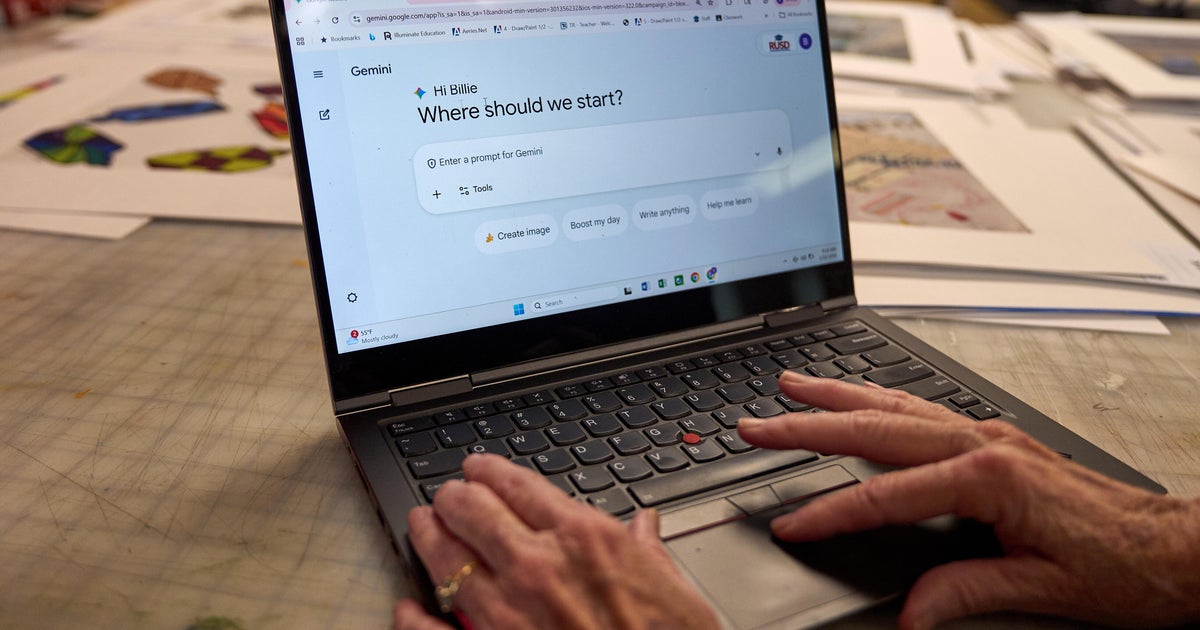Michael Bloomberg rips FDA for teen vaping epidemic as he pledges $160 million to the cause
Michael Bloomberg is slamming the FDA for contributing to the epidemic of teen vaping in the U.S. The billionaire philanthropist announced Tuesday that his non-profit, Bloomberg Philanthropies, is pledging $160 million to fund a new program aimed at ending vaping among teens. It follows a new study that found flavor was the reason most young adults said they started using e-cigarettes.
When asked on "CBS This Morning" whether he blames the FDA, Bloomberg said, "yes is the answer to your question."
"You don't let the public do something while the science says it's probably bad for you and you're in the middle of conducting research," Bloomberg continued. "Wait until you do the research. If it's no problem, no harm, no foul."
Bloomberg was joined by Matthew Myers, the president of the Campaign for Tobacco-Free Kids, which will be responsible for coordinating the push.
"The most important thing to understand is in this country we have 3.6 million kids who are using these products. Over a quarter of them are addicted," Myers said. "Most of them would never have used any tobacco product. We know that heavy doses of nicotine for those young people increases their risk of disease, increases their risk of smoking in the future and has a long-term harmful effect on their developing brain ... what we know is for our young people, who have never used any product, this product is harmful."
Bloomberg's $160 million pledge comes as the Centers for Disease Control and Prevention is urging people to consider stopping vaping amid a spate of more than 450 severe lung illnesses including five deaths possibly linked to e-cigarettes. Investigators say many of the cases involve vaping products that include the primary ingredient of marijuana, THC.
Bloomberg's primary goal is to ban all flavored cigarettes, considered the main driver of teen use. He believes banning flavors could reduce the practice among young people by a third.
"All of the evidence shows that the kids like the flavors. That's the reason they do it when you talk to them. They don't smoke the products that don't have the flavors," Bloomberg said.
"If you eliminate mint and mango, you can be pretty sure that you're going to see a dramatic decline in youth use of these products," Myers added. "And if we can do that it's a very first important step."
The deadline for e-cigarette companies to demonstrate to the FDA that their products can help people quit smoking cigarettes is in 2020. But both Bloomberg and Myers say it's too little too late.
"People are dying now and getting addicted," Bloomberg said. "The timeline is yesterday, not tomorrow."



